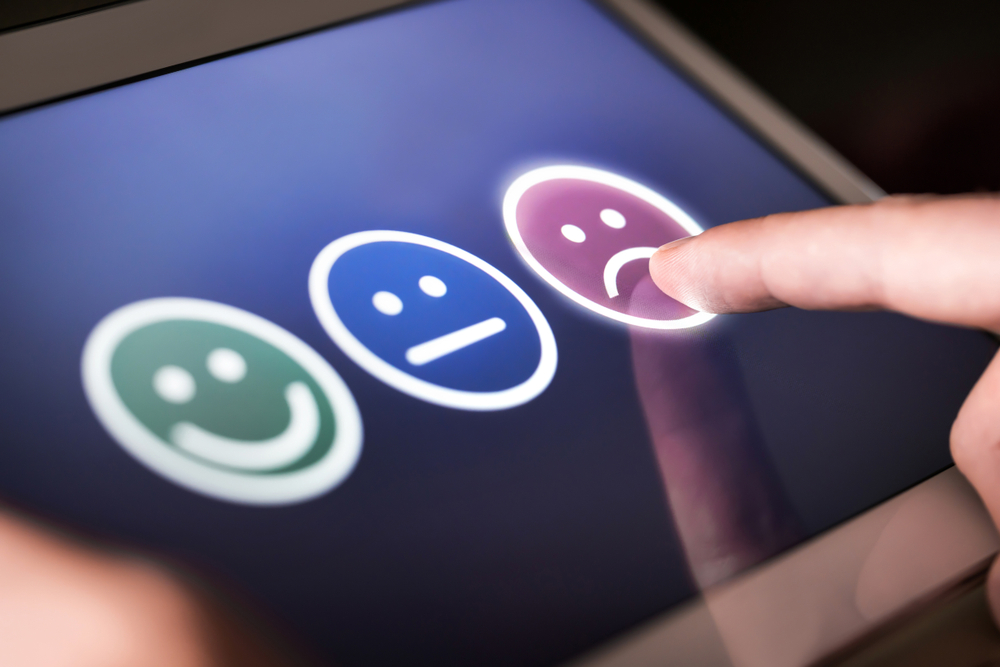
The word “cheap” carries dual meanings. For anyone on a tight budget, it means “affordability”. But we’ve all heard the phrase “You get what you pay for”, and in this case, the word “cheap” implies low-quality hearing aids.
Unfortunately, deciding if you’re getting a great deal from whether you’re getting a very low-quality device can be challenging. This is particularly true in terms of hearing aids.
With hearing aids, the saying “you get what you pay for” is particularly true. This doesn’t necessarily mean going for the top-tier option, but rather, looking closely at offerings that boast a price tag too appealing to be legitimate. Consumers need to be aware that essential information is frequently excluded from the marketing campaigns of cheap hearing aids.
Cheaper hearing aids are pretty much only amplifiers
Increasing the overall volume is typically the only thing cheap “hearing aids” can handle. If you boost the volume to hear the TV better, you’ll also pick up background noises like the dishwasher, a fan in a different room, a barking dog, or the sound of your house slippers moving across the floor.
The purpose of having a hearing aid is totally defeated if it also amplifies unwanted sound.
On the other hand, a high-quality, contemporary hearing aid goes beyond simple volume adjustment. It expertly manages sound, enhancing the clarity of desired sounds while reducing background sound. Authentic hearing aids simulate natural hearing with great accuracy and are custom tuned to your particular hearing needs.
Hearing aids vs. PSAPs
The Food and Drug Administration has drafted guidelines for those who sell hearing devices and have strict rules as to what can be labeled hearing aids.
Regrettably, there are many devices out there that are advertised as hearing aids when they are technically personal sound amplification products (PSAPs), named such because they can only amplify sound.
There are lots of legit and reputable companies that comply with appropriate marketing. But you may find some uninformed salespeople or products on Amazon or eBay that deceive consumers into thinking that these devices meet the classification of a hearing aid. Some even inaccurately advertise that they are FDA-approved.
They’re not helpful for most types of hearing loss
The majority of individuals who lose their hearing will gradually lose specific frequencies of sound before others. For example, you may have no trouble hearing a man with a low voice, but struggle with a woman’s or child’s voice, finding it challenging to understand.
A cheap hearing device typically results in total volume amplification. But, if you have trouble with certain frequencies, merely boosting the volume will be insufficient. And turning up the overall volume could lead to additional damage to your hearing because the frequencies you don’t have trouble with will be roaring in your ears.
High-quality hearing aids offer a solution by being programmable to compensate for the loss of specific frequencies. They provide a more customized hearing experience by shifting frequencies you can’t hear very well to frequencies you hear better.
Feedback can be an issue
Cheap hearing aids are usually not custom fit to your ears. A feedback loop is frequently the outcome of poorly fitting hearing aids. The microphone picks up the sound from the speaker in your ear as it wiggles around. This will result in a deafening screech.
They normally don’t have cellphone support
When people are looking for a budget-friendly device, they frequently sacrifice functionality like Bluetooth capability. When considering phone connectivity, the lack of Bluetooth is a major hurdle. Trying to amplify a cheap hearing aid while on the phone results in capturing not only the caller’s voice but also the sounds of your ear, lips, clothing, and hair brushing against the phone, making it even more difficult to hear the person on the other end.
More advanced hearing aids are digital and use Bluetooth connectivity to connect directly to your phone. This advanced feature ensures that when your daughter talks on the other end, her voice is transmitted directly into your hearing aids, enhancing clarity and overall communication.
They aren’t designed for individuals with hearing loss
Most people would most likely be surprised by this. These amplifiers were never meant to treat hearing loss. They were made to help people who have relatively good hearing hear things a little louder.
If you have very slight hearing loss then cheap devices might help a little. But they won’t be of much use for people who actually need hearing aids.
Where can you get quality affordable hearing aids?
There are lots of ways to get hearing aids affordably. Insurance or other third parties might cover them. You can also find financing options, leasing programs, and more affordable brands. If you suspect you have hearing loss, start by getting checked out. Make an appointment with us so we can help you find the best and most affordable hearing aids for your degree and type of hearing loss.
Call Today to Set Up an Appointment
References
https://www.fda.gov/medical-devices/consumer-products/hearing-aids
